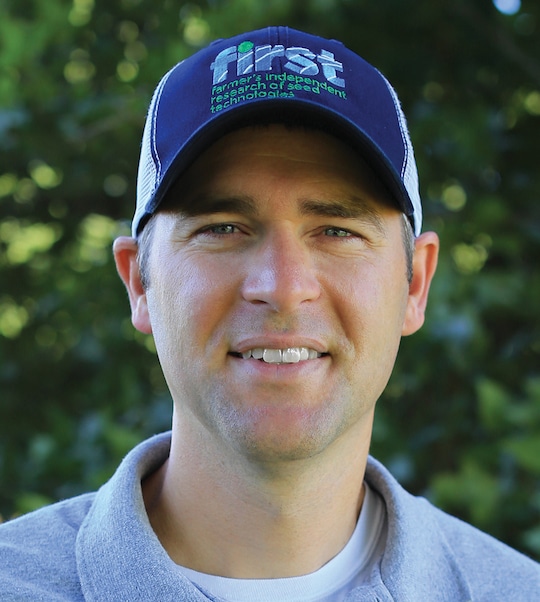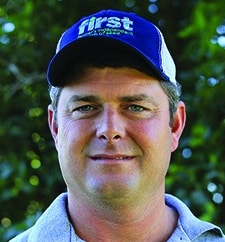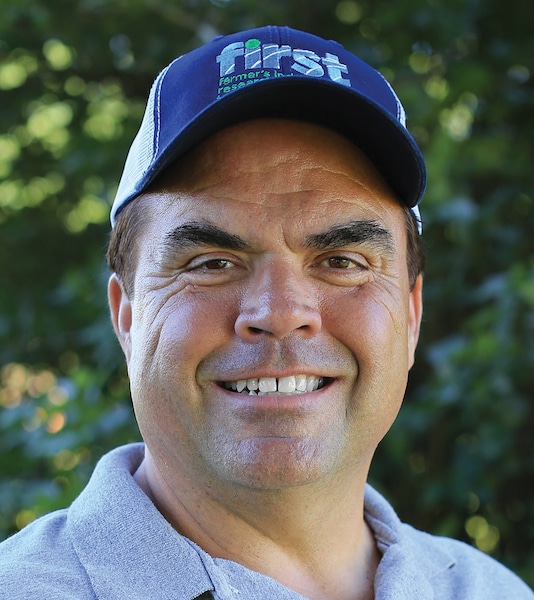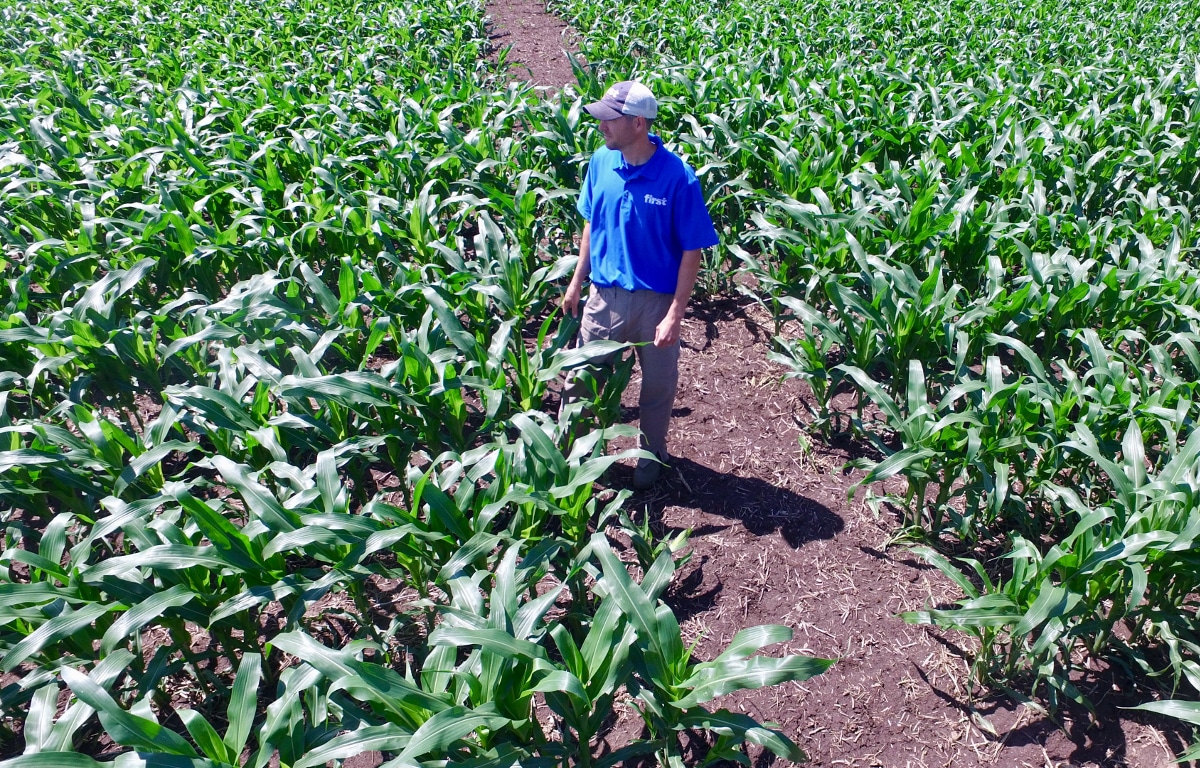For one company, regional field managers deliver data that helps growers cut through the hype and find out which corn and soybean hybrids will do best on their farm.
When you ask farmer Darren Walter what he hopes for in the new year, his answer comes easily.
“All we want to know is which corn varieties are going to perform best and in what way,” says the grower from Grand Ridge, IL.
Walter notes that farmers are a savvy group, and their way of picking corn hybrids is becoming increasingly sophisticated.
“Variety selection is more complex than just thinking about resistance and hardiness. We want to find those hybrids that can really fulfill their potential at the end of the day.”
In addition to being a corn grower, Walter also serves as a plot host for FIRST Seed Tests, which makes comparisons of seed genetics to improve yield and profitability for American corn and soybean farmers. Its yield trials provide what Walter and growers like him see as unbiased performance data.
“A seed company’s job is to make their seed look as good as they can. FIRST, on the other hand, doesn’t have a stake in whether Company A does better than Company B. The results can often be pretty surprising,” says Ed Iverson, a corn grower and FIRST plot host in Lamberton, MN.
“The more data I have to help me make decisions, the better. Then you’ve got a plan B, if something doesn’t work out quite right.”
Farming has evolved. Growers have extensive businesses. They make the same decisions as anyone else with a stake in the seed sector. And that means they want unbiased data they know they can trust. That’s where FIRST Seed Tests come in. The company provides that unbiased field trial data by working directly with growers to conduct trials that meet their high standards of quality and independence.
Partnership Across the Industry
FIRST’s mission began in 1997 when 64 corn grain hybrids from 14 seed company sponsors were tested at 12 sites in Illinois. The program now tests corn grain, corn silage and soybean seed products in 15 states (North Dakota, South Dakota, Nebraska, Kansas, Minnesota, Iowa, Missouri, Wisconsin, Illinois, Indiana, Michigan, Ohio, Pennsylvania, Delaware, and Maryland).
FIRST utilizes 11 field managers and their independent businesses to coordinate its tests. Their professional research businesses are the key to FIRST’s partnerships within the seed industry, from seed companies to growers.
Seed companies sponsoring entries decide which products to test, where to test them and provide seed.
Farmer plot hosts assist in test site selection, conduct production operations, and provide all inputs except seed.
FIRST’s field managers receive and package seed for planting in FIRST’s replicated, randomized test design. In the summer, accurate counts of plant stands are taken. Then at harvest, the managers carefully record grain weight, moisture, and lodging for more than 500 strip plots at some sites.
FIRST’s yield and agronomic results are reported for each individual test site and as a regional average over all sites in the region. Test results are typically reported on its website within two days of harvest.
The field managers are agricultural professionals with decades of experience. Some are farmers themselves and a few do contract field research apart from FIRST. These independent business owners are leaders in the FIRST group.
One of those leaders is Corey Rozenboom, FIRST’s field manager for northern Iowa and owner of Alpha Ag Research, which specializes in field trials.

“Farmers are great businesspeople. They’re going to search for the best options to create the highest return on their farms and increase their profitability. So, FIRST provides a platform for those best products to shine and get great exposure in the reports that we provide online and circulate in the mail,” he says.
Local newspapers also choose to print FIRST’s reports, he adds.
“Farmers know what FIRST is and the value it provides them, and it’s increasing in popularity across northern Iowa.”
Marketing Tool

FIRST’s field trial data does more than just provide farmers with valuable information.
According to Jason Beyers, FIRST field manager in Illinois, field trials are a great marketing tool to allow seed companies to get noticed by farmers.
“This is especially valuable if they’re trialing hybrids that they’re going to be selling the next year. Farmers use FIRST data to make their seed purchases in November, not January. If a company enters their corn hybrids and those hybrids perform well, it really gives their sales force important tools to work with during that crucial seed purchasing window,” Beyers says.
But FIRST doesn’t just test the newest genetics, notes southern Minnesota field manager Mark Querna.

“We test both the new varieties and established hybrids that are well known and trusted, which are important to include in the tests because comparing them to the newest hybrids will determine just what kind of improvements have been made. It’s about getting new seed products recognized in an unbiased and very fast way,” Querna says.
Producer Mark Uittenbogaard says he’s learned a lot from using FIRST reports to make seed decisions on his 700 acre Iowa farm.
“Every seed company wins their own plots, but I have a lot of respect for the companies that enter products in FIRST trials,” he says. For more information visit firstseedtests.com










